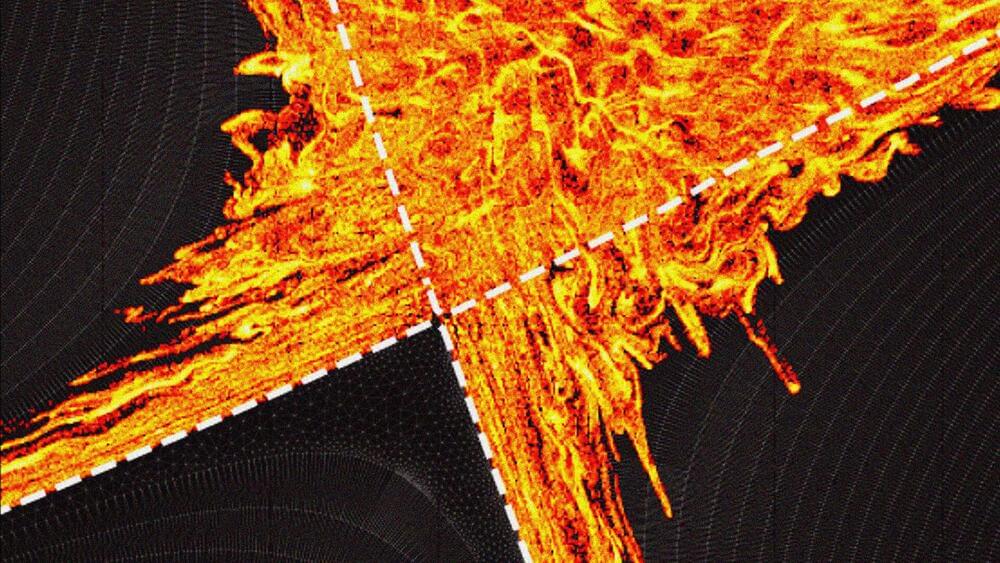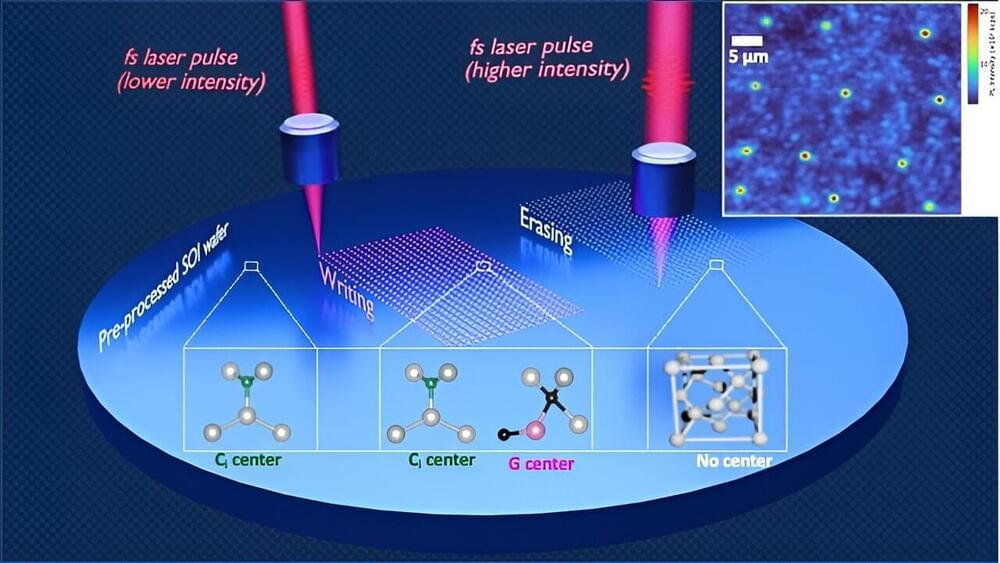An international scientific team has redefined our understanding of archaea, a microbial ancestor to humans from two billion years ago, by showing how they use hydrogen gas.



By Rachel Kremen, Princeton Plasma Physics Laboratory
The furious exhaust heat generated by a fusing plasma in a commercial-scale reactor may not be as damaging to the vessel’s innards as once thought, according to researchers at the U.S. Department of Energy’s (DOE) Princeton Plasma Physics Laboratory (PPPL), Oak Ridge National Laboratory and the ITER Organization (ITER).
Apple today teased the first update for its mixed-reality headset, visionOS 2, which includes AI-powered spatial photos and videos for the Vision Pro to give them a more immersive feel.
As part of its WWDC presentation, Apple also unveiled a special “spatial” lens for Canon cameras designed to capture moments viewable on the Vision Pro, as well as a partnership with cinema camera company Blackmagic Design.

Today, the South Brooklyn Marine Terminal (SBMT) broke ground, kicking off the transformation of the historic port into an East Coast offshore wind hub.
SBMT will support Norwegian energy giant Equinor’s first US offshore wind project, Empire Wind 1. Brooklyn’s new offshore wind hub is designed to be a central, scalable hub for the expanding East Coast offshore wind market, and as a port for future offshore wind developments.
When the terminal is complete, it will be one of the largest dedicated offshore wind hubs in the US.


Quantum computers have the potential to solve complex problems in human health, drug discovery, and artificial intelligence millions of times faster than some of the world’s fastest supercomputers. A network of quantum computers could advance these discoveries even faster. But before that can happen, the computer industry will need a reliable way to string together billions of qubits—or quantum bits—with atomic precision.


If you are a fan of reading or watching science fiction, you have definitely encountered the concept of curvature propulsion — one of the most fascinating and speculative frontiers in theoretical physics and advanced space travel.
Rooted in Einstein’s general theory of relativity, it proposes innovative methods to manipulate spacetime itself to achieve faster-than-light travel without violating the laws of physics.
General relativity, formulated by Albert Einstein, provides the theoretical foundation for curvature propulsion. This theory describes gravity as the curvature of spacetime caused by mass and energy.
The agility with which humans and animals move is an evolutionary marvel that no robot has yet been able to closely emulate. To help probe the mystery of how brains control movement, Harvard neuroscientists have created a virtual rat with an artificial brain that can move around just like a real rodent.

Why is the warm gas-giant exoplanet WASP-107 b so puffy? Two independent teams of researchers have an answer.
Data collected using NASA’s James Webb Space Telescope, combined with prior observations from NASA’s Hubble Space Telescope, show surprisingly little methane (CH4) in the planet’s atmosphere, indicating that the interior of WASP-107 b must be significantly hotter and the core much more massive than previously estimated.
The unexpectedly high temperature is thought to be a result of tidal heating caused by the planet’s slightly non-circular orbit, and can explain how WASP-107 b can be so inflated without resorting to extreme theories of how it formed.